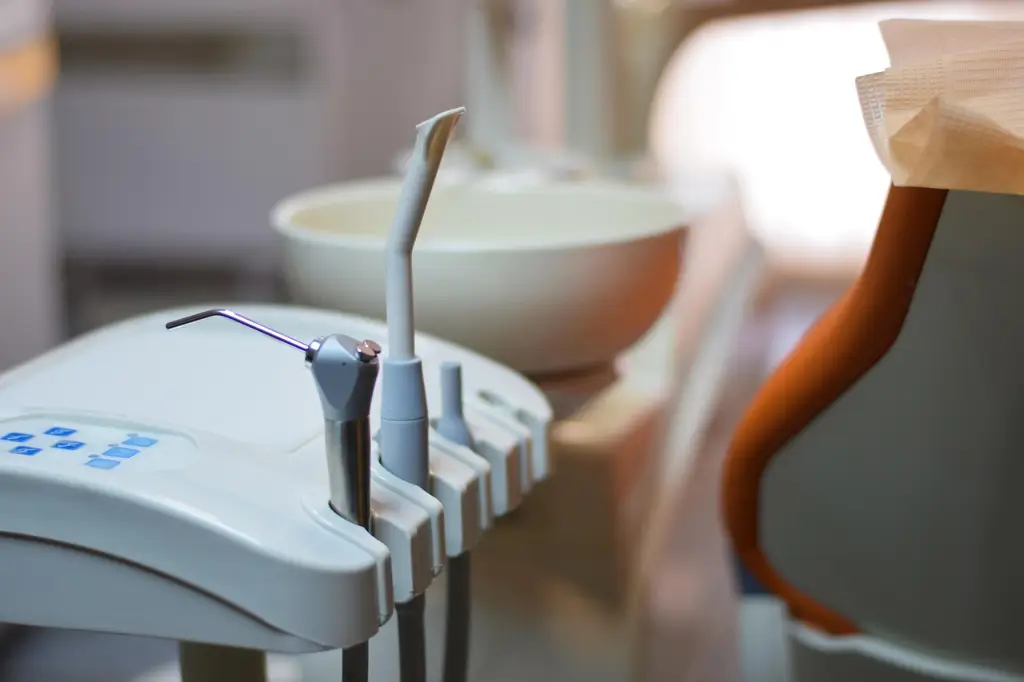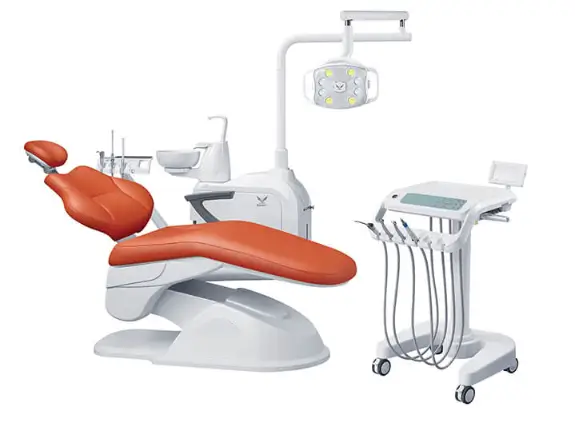
Picking the best dental unit is a major choice for any clinic. It’s not just a tool, it’s the heart of nearly every treatment. The choice between Mobile and fixed dental units is a hot topic, especially as flexibility and mobility grow more vital in today’s dental world. This article dives into the upsides and downsides of each type. We’ll look at flexibility, space needs, and cost savings. Along the way, we’ll share tips from real-world clinic experiences and trends in dental equipment design.
Mobile dental units are built to go where patients are. They aren’t stuck to the floor. Instead, they come in a movable trolley. This makes them great for:
Key Features of Mobile Units:
For example, during COVID-19, Mobile units helped dentists treat patients in nursing homes. This kept patients from needing to travel.
A fixed dental unit is set up permanently in a clinic. It includes a dental chair, delivery system, lighting, and suction, all hooked up to the building’s utilities.
Key Advantages of Fixed Units:
As one expert says, “the dental chair is the core of your practice.” Fixed units are designed to be that central hub.
They’re easy to move around in small clinics. They work well in rural areas where patients can’t travel easily. These units are perfect for outreach or flexible setups.
Fixed units are made for busy clinics with lots of patients. They fit perfectly into the operatory’s layout. This creates a smooth workflow. They also offer great comfort for both the dentist and the patient.
Takeaway: If you move between locations or serve special groups, Mobile units are the winner. For busy clinics with many daily patients, fixed units are the better pick.
Mobile units are small and easy to store. You can tuck them into a corner when not in use. They’re great for tiny offices or shared spaces. They also suit clinics that are still growing or trying new services.

Fixed units need more room. The chair, foot pedals, and space for assistants all take up space. They must connect to plumbing and electrical systems. Once set up, they’re hard to move.
Mobile dental units are very different from fixed ones. They have a small, movable footprint. This makes them easy to shift around. Fixed units are bigger and stay in one place. Mobile units are simple to set up with minimal effort. Fixed units, however, need complex plumbing and electrical connections. Mobile units are super flexible for different settings. Fixed units are less adaptable because they’re stationary.
Mobile units cost less at the start. They’re great for part time clinics or outreach work. They can bring in extra money by allowing home care or special events. But they may wear out faster if used heavily every day.
Fixed units cost more upfront. They last a long time, 10 to 20 years with good care. They give a professional, polished look to established clinics. Better design helps dentists stay comfortable, which saves money on staff health in the long run.
Many Mobile units run quietly. This can calm nervous patients. They don’t include a built in chair, so you need separate seating. They’re best for quick, simple treatments.
Fixed units have full chair integration. They offer adjustable headrests, backrests, and smooth hydraulic movement. Patients feel safe, even during long treatments. Dentists get better posture support and easy access to tools.
Choosing a dental unit means picking a good supplier too. Foshan Gladent Medical Equipment Co., Ltd. is a company that focuses on dental equipment. They’re known for making comfortable, sturdy, and practical products. They also offer custom options, like special upholstery colors, tray layouts, and configurations. This kind of support means you’re not just buying equipment. You’re building a long-term partnership.
So, Mobile vs. fixed dental units, which fits your practice? If you run outreach programs, work in small spaces, or need flexibility, Mobile units offer great mobility and savings. But if you’re building a busy clinic for the long haul, fixed units provide comfort, toughness, and smooth workflow. The choice depends on your patients, space, and goals. A smart investment in your dental unit leads to better treatments, happier patients, and more comfort for you and your team.
Q1: What is the main difference between Mobile vs. fixed dental units?
Mobile units are mobile and compact, great for outreach or small clinics. Fixed units are permanently set up and pair with a dental chair for full-featured care.
Q2: Which is more cost effective in the long run?
For short term or flexible use, Mobile units save money. For busy, long-term practices, fixed units are better due to their toughness and comfort.
Q3: Are Mobile dental units reliable for complex treatments?
Mobile units are good for routine care and outreach. Fixed units are better for long, complex procedures because of their stability and design.
Q4: Do Mobile units require special installation?
No, most Mobile units are plug and play. Fixed units need proper plumbing, electrical connections, and careful planning.
Q5: Which option is better for patient comfort?
Fixed units offer better comfort with integrated chairs, adjustable features, and ergonomic design. Mobile units are practical but less focused on comfort.